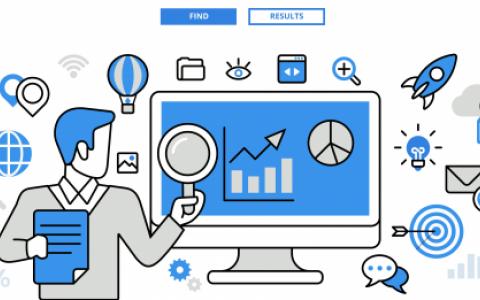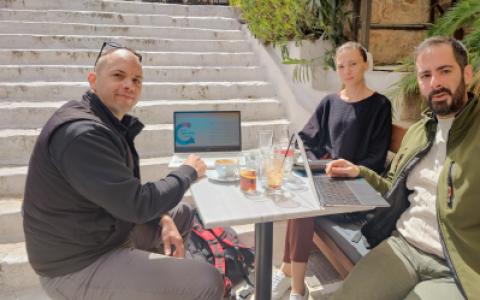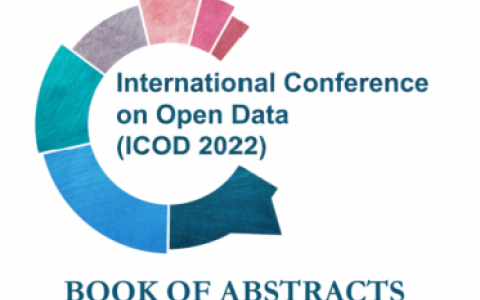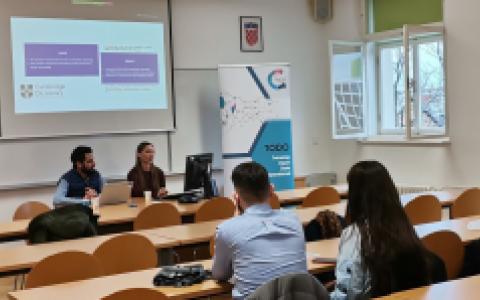One way to formalise future collaboration after the completion of the TODO project is to establish a research group. The project consortium partners agreed to establish the Open Data Group Croatia research group.
News
Project analytics
Progress within core work packages
As a part of the WP6, Task 6.2 - Establishment of collaboration structure, the Memorandum of Understanding was signed among all partners of the TODO Consortium. This MoU indicates the willingness and desire of all partners to undertake certain activities together (after the completion of the project) and defines some general information and commitments regarding the future relationship between the founding partners.
Faculty of Transport and Traffic Sciences’ final visit to the University of the Aegean in Athens (UAEGEAN) took place from March 28 to March 30, 2023. Project team members Miroslav Vujić and Maja Tonec Vrančić held a meeting with the host Charalampos Alexopoulos from the Department of Information and Communication Systems Engineering of the Aegean University as part of the work package WP6 of the TODO Twinning Open Data Operational project.
We are pleased to announce that the members of the organising committee of the International Conference on Open Data (ICOD 2022), whose theme was "OPEN DATA CHALLENGES IN TIMES OF CRISIS AND GROWTH", Filip Varga, PhD (UniZg AGRI) and Petra Đurman, PhD (UniZg LAW) have finalised the Book of abstracts with 32 extended abstracts from different areas of Open Data research: open Government Data, Improving Transparency Using Open Data, Open Da
In Croatia, open data research and research using it are mostly understood as a concept encompassing one discipline and one domain, ignoring the fact that most challenges today necessitate a multidisciplinary and multidomain approach. Recognizing this issue, scientists from Croatia's largest university (Unizg) collaborated with foreign partners from Greece and the Netherlands to develop a completely new approach to open data research and ecosystems in Croatia.
Pre-Conference Day of TODO ICOD was held on Monday (28.11.2022.) where a panel on fiscal transparency and workshop on high-value datasets in progress was held.
TODO Sixth newsletter is published in November 2022.
We provide an overview of TODO project activities that project members have been diligently working on as well as the activities and events that precede us in the coming period.
Dear TODO friends!
We're excited to let you know that registration for the TODO International Conference on Open Data is now open!
Please find more information:
- Register for the Conference
- Preliminary programme is available here
- More about the Conference
Project members from FER and GEOF visited Technical University (TUDELFT) in the Netherlands to discuss educational activities, interesting research topics and future project proposals.
Dear TODO friends!
We are pleased to announce that a free, open e-course in Croatian on open data with the official title in Croatian: “Otvoreni podaci - što su i kako mi mogu koristiti? Smjernice dobre prakse za rad s otvorenim podacima u Hrvatskoj” (Open data, what is it and how can I benefit? Best practices for open data in Croatia) is available from October 10, 2022.
Pagination






